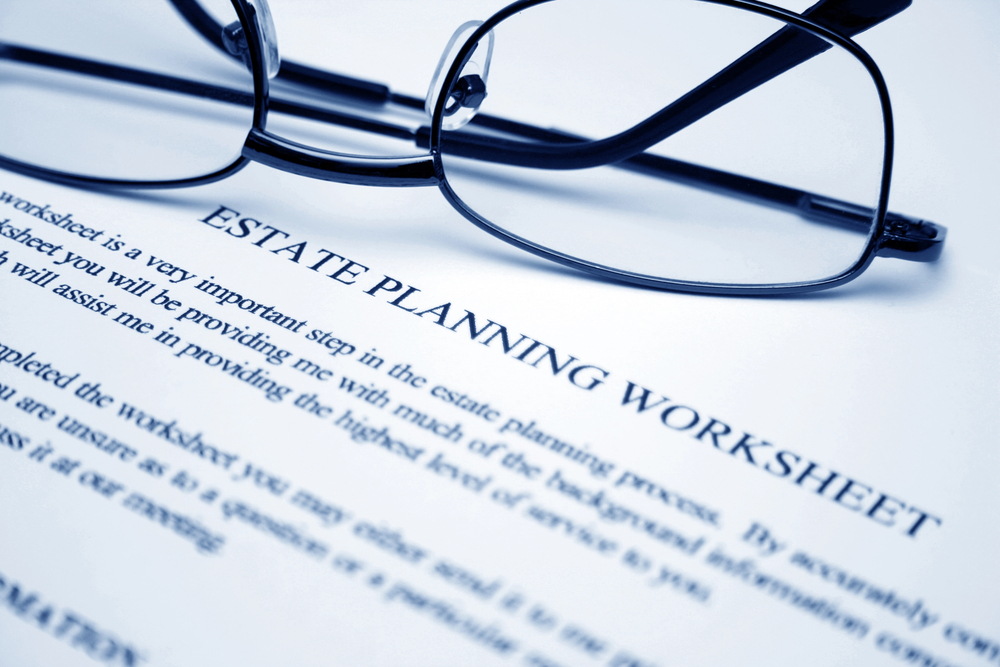You may think of estate planning as something that only extremely wealthy people need to worry about, but no matter the monetary value of your current assets, you have an estate. That might include real estate, bank accounts, investments, vehicles, and other personal property that you want to pass on. If you’re asking yourself what is estate planning, you’re already on your way to ensuring your personal property and assets are taken care of appropriately after your death. A good next step would be to contact a estate planning lawyer for legal guidance during the process.
What Is Estate Planning?
Estate planning is the process by which you decide how your personal property and assets will be handled upon your passing or if you become incapacitated. It can also include instructions for healthcare should you become incapacitated or terminally ill. An estate plan may include legal documents like your will, trust, durable power of attorney, healthcare proxy, and living will.
You’ll want to work with an estate planning attorney to make sure your end-of-life plans are arranged and executed according to New York’s Estates, Powers, & Trusts law. Your attorney can help you put everything into place so that your healthcare and fiduciary plans can be executed as you wish, giving you and your loved ones peace of mind about the future.

What Is the Difference Between a Will and a Trust?
A Last Will and Testament, or simply a Will, is a legal document that describes what you want done with your property and assets after you die. In New York, any adult who is “of sound mind and memory” can make a Will, which must be signed under certain circumstances to be considered valid. After you die, your Will must be filed in Surrogate’s Court and be admitted for probate to determine its validity.
There are multiple types of trust, which is a fiduciary arrangement that allows for the holding of property and assets under a trustee and to the benefit of the trust’s beneficiaries. The trustee, which can be a person, bank, or corporate trust company, is responsible for executing the provisions of the trust agreement. A trust doesn’t have to go through the probate process and can be particularly useful if you have a large amount of property or assets.
Who Is Estate Planning For?
Every adult can benefit from planning their estate, no matter its size. If you pass on without leaving a Last Will and Testament (known as dying intestate), your assets will be distributed to your immediate family according to New York law, or to the state if there are no family members left to receive an inheritance. If you want control over how your personal property and assets are distributed after your death, you’ll need to plan your estate.
A little bit of planning can go a long way toward ensuring that your assets will be taken care of when the time comes. If you’re in Rego Park or anywhere else in Queens, New York, or surrounding areas, contact us at Joseph N. Yamaner and Associates to learn more about our firm’s estate planning services.

